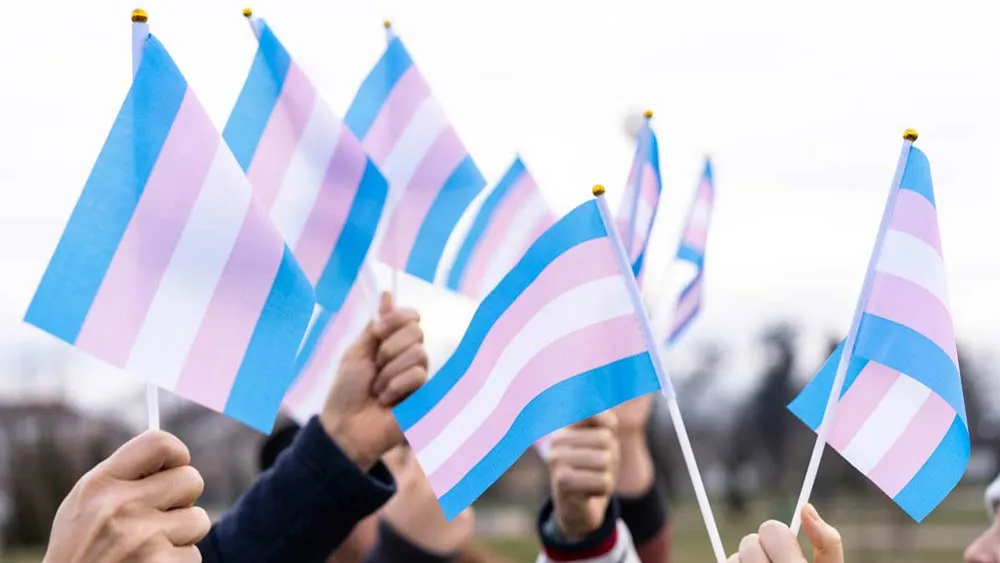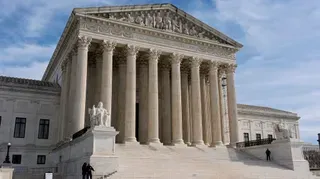March 13, 2010
Attorney:?Report shows Rainbow Lounge patrons got 'unequal treatment'
Kevin Mark Kline READ TIME: 4 MIN.
Unredacted records of the Rainbow Lounge raid were released and sent to Dallas Voice last week as a result of a Feb. 3 ruling by Attorney General Greg Abbott.
Portions of the records, such as the names of those arrested and charged with public intoxication, had previously been blacked out.
With Fort Worth pursuing the misdemeanor charge of simple assault against Chad Gibson, other information in the report takes on new interest.
On June 28, two other bars were raided before the Rainbow Lounge. Armando Hernandez was one of two people arrested by Officer J. M. Back at Rosedale Saloon.
The report says, "Hernandez came up behind Officer Back and kicked him. Officer Back turned and engaged Mr. Hernandez in front of the Rosedale Saloon. Officer Back then chose to arrest Mr. Hernandez for Public Intoxication rather than assault."
Gibson, on the other hand, is accused of brushing his hand across one of the TABC officer's pants. For that, he was charged with assault. In February, he made his first court appearance related to the charge and pleaded not guilty.
"Obviously this club was treated differently," said Adam Seidel, Gibson's attorney. "This is another example of disparate, unequal treatment, likely because of the clientele."
Jon Nelson, a Fort Worth attorney who was among the founders of the group Fairness Fort Worth, agreed.
"I think the allegations against Chad stem from former [TABC] agent [Christopher] Aller," Nelson said. "He is the 'victim,' according to him, of an assault. I think, based on witnesses, Agent Aller is totally uncredible. To base a prosecution of Chad Gibson on the unsubstantiated testimony of a fired TABC officer is absurd."
Rene Crosby, Dylan Brown, Jose Maczas and Joshua Taylor were also arrested at the Rainbow Lounge on public intoxication charges.
The charge of public intoxication under Texas law is vague, according to Seidel.
Unlike a blood-alcohol level threshold that is used in drunken driving charges, someone can be held for public intoxication if he appears to be a danger to himself or others.
The only description in the report of Brown's behavior, however, was that he "appeared to be intoxicated."
The account of Taylor's behavior was similar. "Mr. Taylor had a strong odor of an alcoholic beverage on his breath and person, slurred speech, and bloodshot, watery eyes."
In the report, Taylor testified that he had two drinks before the raid. While both were reported to appear drunk, the report gives no indication of why officers believed they were of a danger to themselves or others. No unsafe behavior is reported by any of the officers.
One told the officers he had a designated driver, not a usual indication of unsafe behavior, Seidel suggested. Club owner J. R. Schrock testified that he called a cab for another patron.
Of the four, two pleaded guilty but have since rescinded their pleas. They have retained an attorney and have not gone to court yet.
George Armstrong is the sixth person charged with public intoxication. He was in court in February with Gibson and also pleaded not guilty. Seidel said a trial date had not been set, but he added that he doesn't think the judge is in any rush.
A number of witnesses testified in the police report that officers approached people at the Rainbow Lounge, used zip ties on patrons and took them out to the paddy wagon. In addition to the six that are charged, others were handcuffed, taken from the bar and then released.
However, in the report, each of the officers claimed this didn't happen.
"Officer [JR] Ricks stated that he did not 'zip tie' anyone on the inside of the Rainbow Lounge and then remove them from the club, question them and then release them. Officer Ricks did not observe any Fort Worth police officers or TABC agents do this," the report states.
The same statement is repeated for each of the other officers involved.
Witness Todd Camp's testimony was among those that contradicted the officers' accounts.
The report states, "The first contact Mr. Camp had with law enforcement was when an officer shoved him aside and approached another person standing in the same area of the bar. The officer spun the person around and told him he was drunk. The officer turned the person around, put plastic handcuffs on him, and removed him from the bar."
Nelson said, "Count up the number of patrons who make the statement about the police coming in with zip ties. Does anyone believe that all these witnesses met at the Holiday Inn to coordinate stories before making their statements? As opposed to the police who swore they didn't have any zip ties and didn't write up their statements until after the incident was in the papers."
Asked about the decision to pursue charges against the patrons, Fort Worth Deputy City Attorney Gerald Pruitt said, "We're proceeding with these as we would any other case. That's all we can do."
But according to Nelson, "The police should never have been in there, so it's not like any other case."
Seidel said police policy was changed as a result of the raid even before the report was released, indicating that it's not like any other case.
Fort Worth City Councilwoman Kathleen Hicks, whose district includes the Rainbow Lounge, said she didn't know the city was going to pursue the prosecutions until she saw it on the news. She asked the city attorney for advance notice of future high-profile prosecutions.
Will Trevino, Hicks' council aide, said City Attorney David Yett's response to her was that the charges against the patrons have been pending since the raid.
Openly gay City Councilman Joel Burns didn't respond to phone and e-mail messages.







